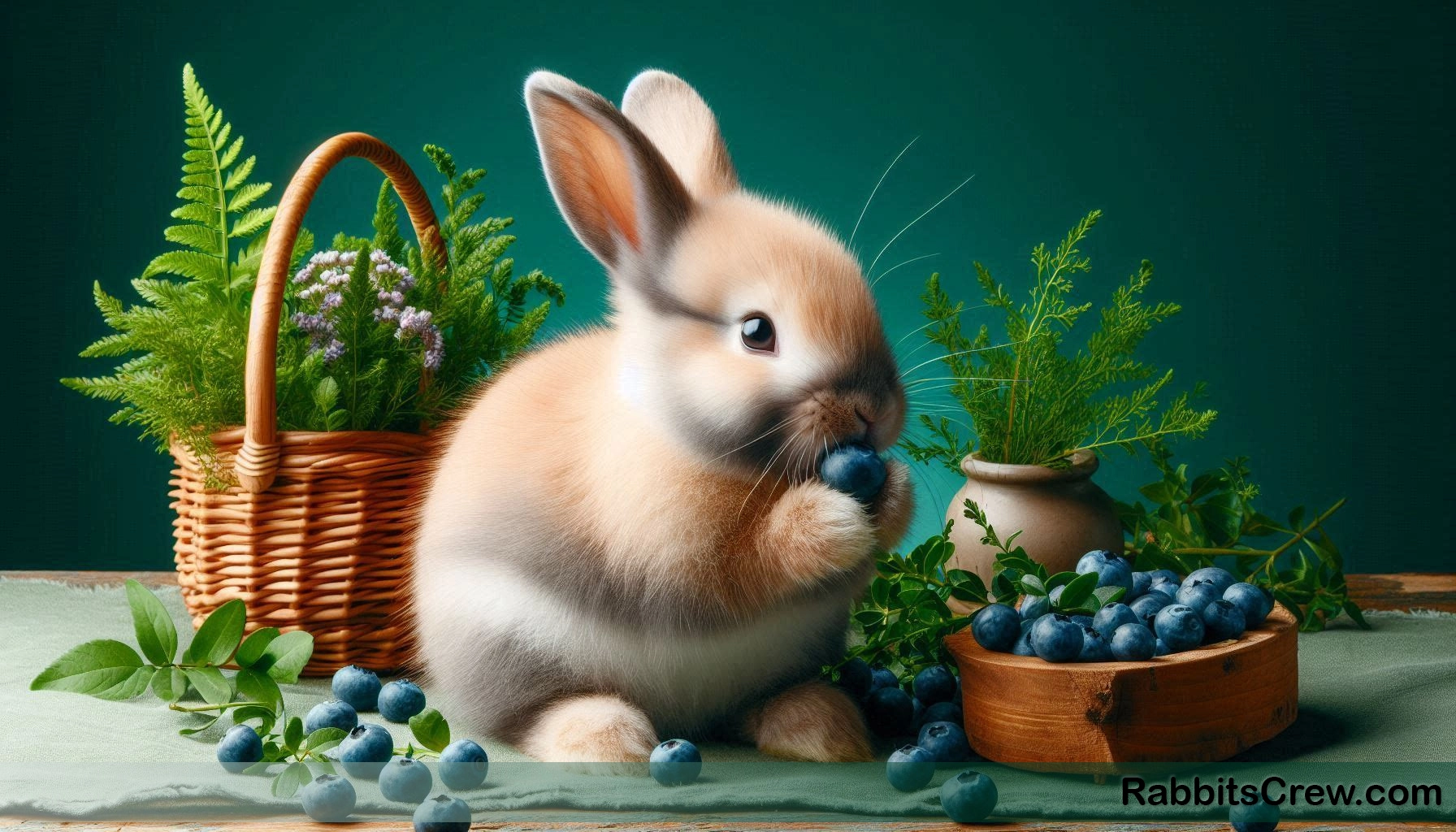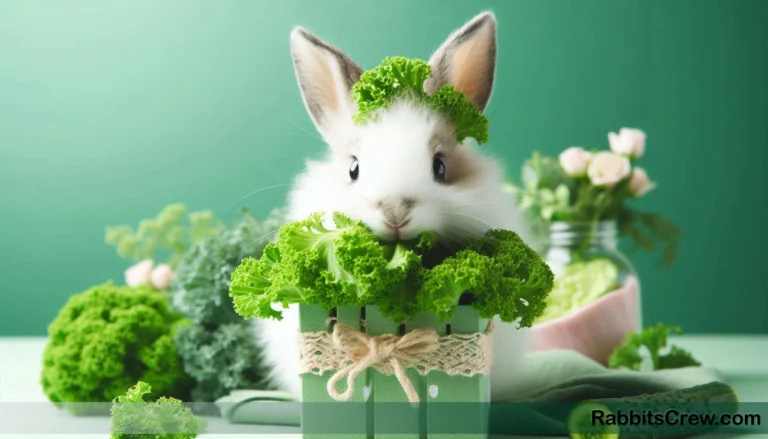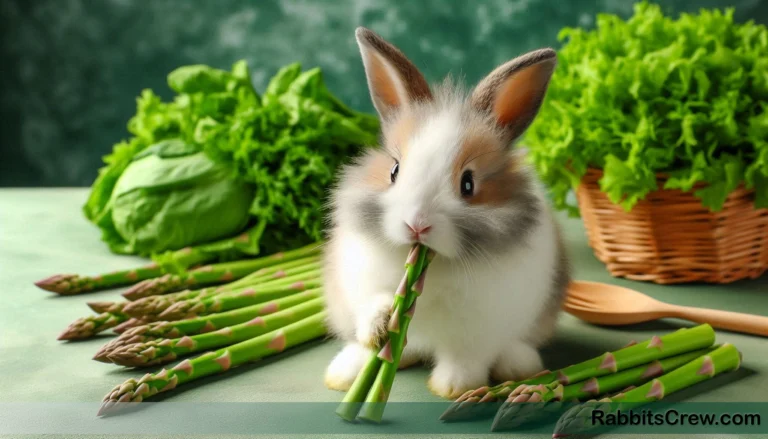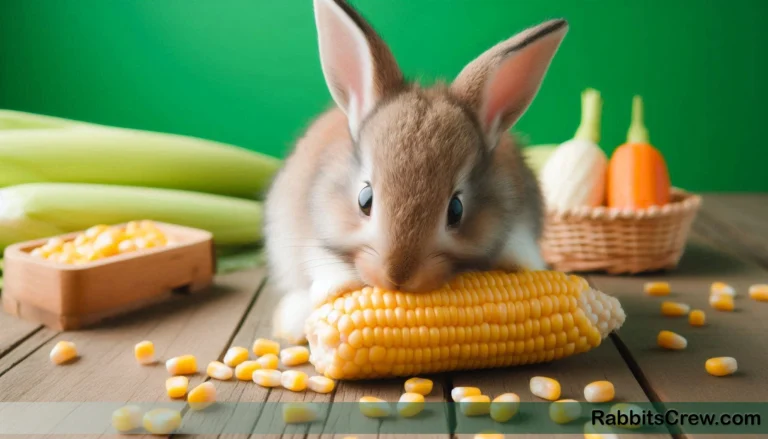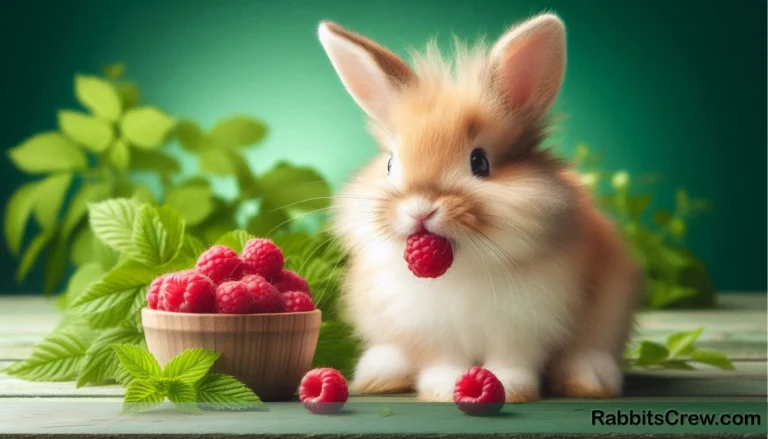Can Rabbits Eat Blueberries, Leaves, Muffins? [Answer Covered]
Rabbits can eat blueberries and leaves, but avoid muffins due to sugar. Offer fresh blueberries sparingly as a treat due to their sugar content.
As a rabbit keeper, you may wonder if blueberries are a safe and healthy treat for your furry friend. This article will provide you with all the information you need to know about feeding blueberries to rabbits. We’ll cover the safety of different blueberry components, nutritional content, recommended serving sizes, potential health benefits, and risks. You’ll also learn how to prepare blueberries for your rabbit and why they can be a beneficial addition to their diet in moderation.
Table1: Blueberries Components and Rabbit Safety
| Component | Safe for Rabbits? | Notes |
|---|---|---|
| Fruit Pulp | Yes | High in natural sugars |
| Skin | Yes | Rich in antioxidants |
| Seeds | No | Avoid due to potential choking hazard |
| Leaves | No | May be toxic if from ornamental varieties |
| Stalks | No | Potential choking hazard |
| Flowers | Yes | Safe, but not usually consumed by rabbits |
Can rabbits eat blueberries?
Yes, rabbits can eat blueberries, but they should be given as an occasional treat due to their high sugar content. Blueberries are safe for rabbits when offered in moderation and can provide some nutritional benefits.
Table 2: Nutritional Profile of Blueberries (per 100g)
| Nutrient | Amount |
|---|---|
| Calories | 57 kcal |
| Carbohydrates | 14.5 g |
| Fiber | 2.4 g |
| Sugars | 10 g |
| Vitamin C | 9.7 mg |
| Vitamin K | 19.3 mcg |
| Manganese | 0.3 mg |
How Many Blueberries Can Rabbits Eat?
Blueberries should be given sparingly due to their high sugar content. Here’s a general guideline for feeding blueberries to rabbits:
Table 3: Blueberries Intake Frequency for Rabbits
| Rabbit Size | Daily Amount | Weekly Amount | Monthly Amount |
|---|---|---|---|
| Small (< 4 lbs) | 1-2 berries | 3-4 berries | 12-16 berries |
| Medium (4-8 lbs) | 2-3 berries | 5-6 berries | 20-24 berries |
| Large (> 8 lbs) | 3-4 berries | 7-8 berries | 28-32 berries |
It’s important to note that these are maximum amounts, and blueberries should not be given daily. Offer them as an occasional treat, no more than 1-2 times per week.
Can rabbits eat blueberry leaves?
Yes, rabbits can eat blueberry leaves in moderation. The leaves are safe and can provide additional fiber to their diet. However, they should not replace the primary components of a rabbit’s diet, which are hay and fresh vegetables.
Can rabbits eat blueberry muffins?
No, rabbits should not eat blueberry muffins. Baked goods like muffins contain ingredients that are harmful to rabbits, such as sugar, flour, and often dairy products. Stick to fresh, raw blueberries as an occasional treat.
Can rabbits eat blueberry branches?
Rabbits should not eat blueberry branches. The woody texture can be difficult for rabbits to digest and may pose a choking hazard.
Can rabbits eat blueberry Sticks?
No, rabbits should not eat blueberry sticks for the same reasons as branches. They are too woody and can be dangerous for rabbits to consume.
Can rabbits eat blueberry bushes?
While rabbits may nibble on blueberry bushes in the wild, it’s not recommended to allow pet rabbits to eat entire bushes. The leaves can be offered in moderation, but the woody parts should be avoided.
Can rabbits eat blueberries raw?
Yes, rabbits can and should eat blueberries raw. In fact, raw blueberries are the best way to offer this fruit to your rabbit. Never feed cooked or processed blueberries to your rabbit.
Benefits of Blueberries for Rabbits
When fed in moderation, blueberries can offer several health benefits to rabbits:
– High in antioxidants, which support overall health
– Contains vitamin C, supporting immune function
– Provides dietary fiber, aiding in digestion
– Offers a low-calorie treat option
– Can be used as a positive reinforcement tool during training
Health Risks of Blueberries for Rabbits
While blueberries can be beneficial, there are potential risks associated with overfeeding:
– High sugar content can lead to obesity
– Excessive sugar may cause dental problems
– Overfeeding can result in digestive upset
– May lead to a preference for sweet foods over essential hay and vegetables
Potential Health Issues from Overfeeding Blueberries
| Health Issue | Cause | Prevention |
|---|---|---|
| Obesity | High sugar content | Limit treats, maintain proper diet |
| Dental Problems | Sugar exposure | Restrict frequency, ensure hay consumption |
| Digestive Upset | Excess sugar, sudden diet changes | Introduce slowly, feed in moderation |
| Diarrhea | Too much fruit in diet | Maintain proper fiber intake, limit treats |
| Nutritional Imbalance | Overreliance on treats | Ensure a balanced diet with hay as primary food |
How To Prepare Blueberries for Your Rabbit?
1. Choose fresh, organic blueberries when possible
2. Wash the berries thoroughly to remove any pesticides or contaminants
3. Offer whole berries to larger rabbits, or cut them in half for smaller rabbits
4. Remove any stems or leaves before feeding
5. Introduce blueberries slowly to your rabbit’s diet to avoid digestive upset
Why Should Rabbits Eat Blueberries?
Rabbits can benefit from eating blueberries as an occasional treat because:
1. They provide variety in the diet, which can be mentally stimulating
2. The antioxidants in blueberries support overall health
3. They can be used as a reward during training sessions
4. Blueberries offer a low-calorie treat option compared to commercial rabbit treats
5. They can help strengthen the bond between you and your rabbit
In conclusion, blueberries can be a safe and enjoyable treat for rabbits when fed in moderation. Always introduce new foods slowly and monitor your rabbit for any adverse reactions. Remember that treats should make up no more than 5% of your rabbit’s daily diet, with the majority consisting of hay, fresh vegetables, and a small amount of pellets.

